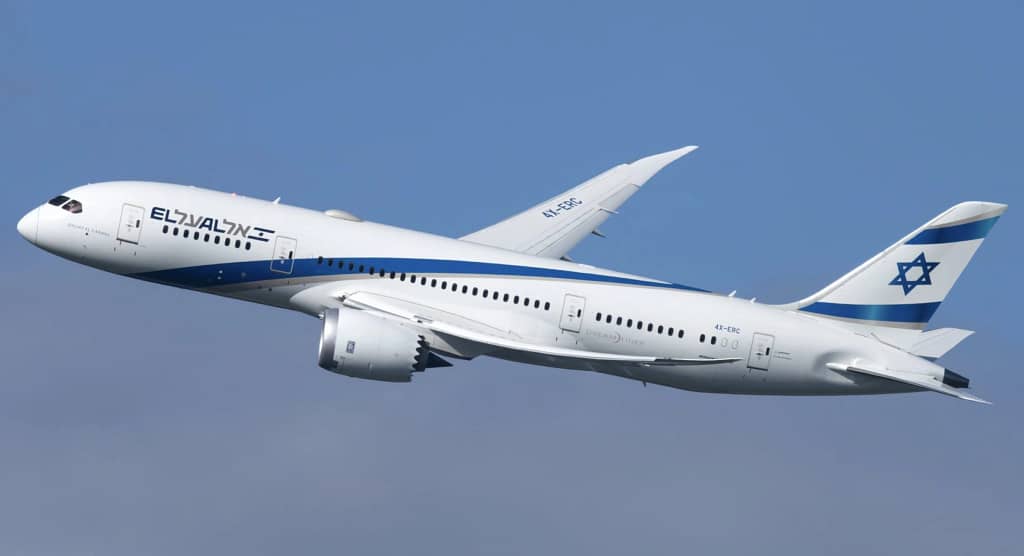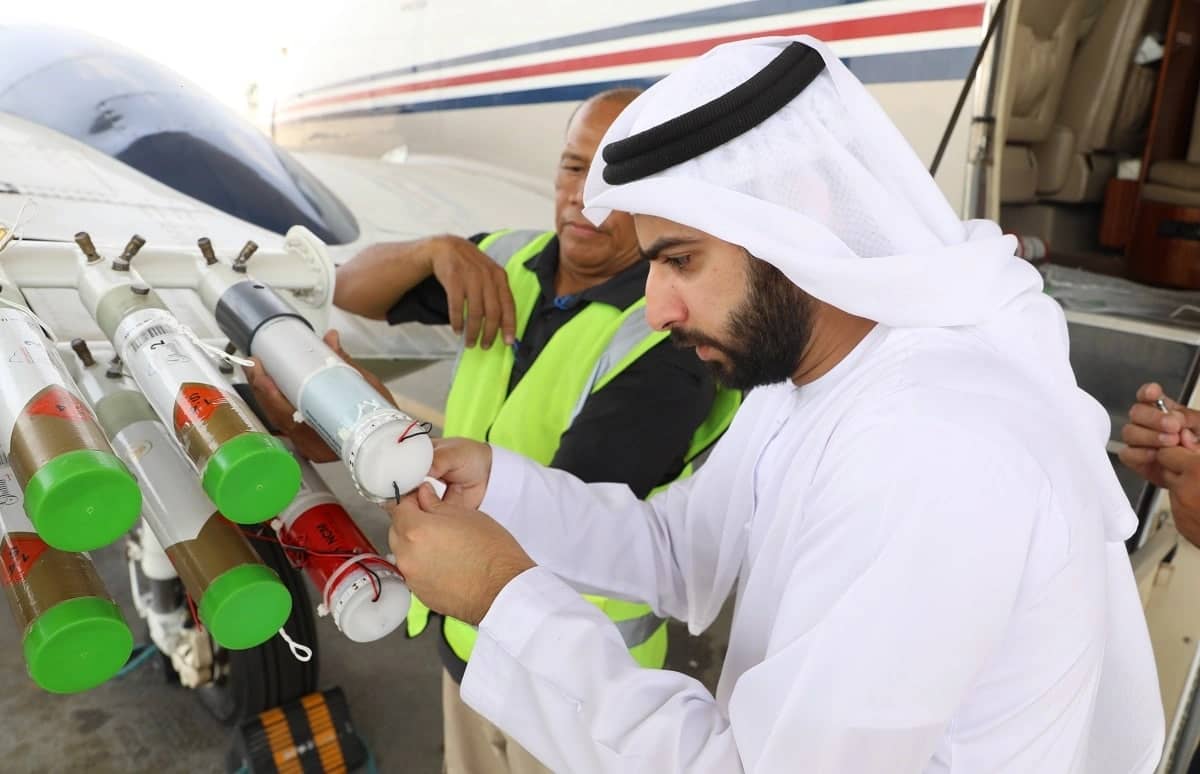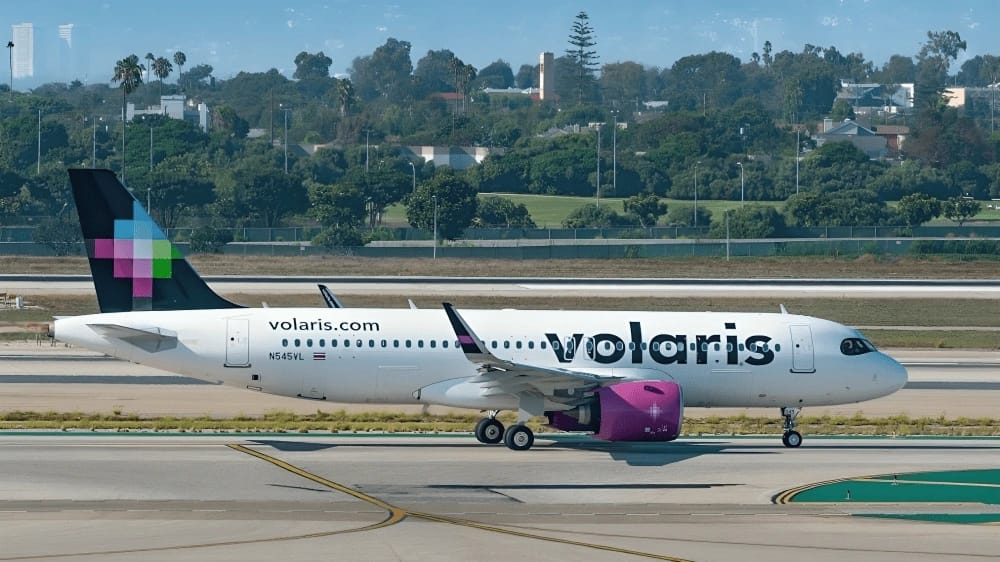In a major update to its stock outlook, Deutsche Bank has raised its price target for Allegiant Travel Company, a leading ultra-low-cost airline in the United States, from $53 to $85 per share. This substantial revision comes as a result of the airline’s strong performance and its promising outlook, driven by robust demand in the travel and tourism industry. The adjustment reflects Deutsche Bank’s confidence in Allegiant’s ability to maintain its competitive edge and capitalize on favorable market conditions in the years ahead.
Allegiant’s Strong Performance Amidst Industry Recovery
Allegiant Travel has been making significant strides as it capitalizes on the recovery of the travel sector, especially in the wake of the global COVID-19 pandemic. While many airlines struggled to regain their footing in the post-pandemic world, Allegiant’s business model of providing affordable travel options in underserved markets has allowed it to quickly bounce back. The airline has successfully navigated the challenges of the pandemic by focusing on its core strategy of offering low-cost, point-to-point flights for leisure travelers.
Allegiant’s focus on leisure destinations, rather than business-heavy routes that were slower to recover post-pandemic, has been a key factor in its ability to outperform its competitors. This unique business model, coupled with the airline’s relatively low operating costs, has given Allegiant an edge in an industry that has been subject to volatile demand and rising fuel costs. As a result, the airline has consistently delivered strong earnings and passenger growth.
In addition, Allegiant’s aggressive expansion strategy has been paying off. The airline has been increasing its fleet and adding more routes, focusing on underserved cities and regions where demand for air travel is high but competition is relatively low. This approach has allowed Allegiant to tap into markets that larger carriers often overlook, providing it with a steady stream of new customers.
Deutsche Bank’s Updated Outlook
Deutsche Bank’s decision to raise Allegiant’s price target reflects its positive outlook on the airline’s performance. The bank cited several factors that led to this revision, including the airline’s impressive revenue growth, its continued expansion into new markets, and its ability to efficiently manage costs.
One of the key factors behind Deutsche Bank’s optimism is Allegiant’s ability to drive significant revenue growth through increased demand for leisure travel. With many consumers eager to travel after years of restrictions, Allegiant is well-positioned to capitalize on this surge in demand. Additionally, the airline’s relatively low-cost structure allows it to offer affordable fares without sacrificing profitability. This combination of strong demand and efficient cost management is expected to continue fueling Allegiant’s growth in the coming quarters.
Another important consideration for Deutsche Bank is Allegiant’s solid financial position. The airline has maintained a healthy balance sheet, with low levels of debt relative to its peers. This financial strength gives Allegiant the flexibility to make strategic investments in its fleet, infrastructure, and route network without over-leveraging itself. It also provides the company with the ability to withstand any future economic downturns or disruptions in the travel industry.
The bank also highlighted the strength of Allegiant’s management team, which has consistently executed its growth strategy effectively. Under the leadership of CEO John Redmond, the airline has navigated the challenges of the pandemic and is now poised to continue expanding its market share. Allegiant’s ability to adapt to changing market conditions and customer preferences has earned it a loyal following among travelers, which further supports Deutsche Bank’s bullish stance on the company.
The Impact of Rising Fuel Costs
One challenge that airlines, including Allegiant, have faced in recent months is the rising cost of fuel. As global oil prices have surged, airlines have had to deal with higher operating costs, which typically lead to increased fares for passengers. However, Allegiant has managed to weather the storm better than many of its competitors due to its focus on cost containment.
The airline’s fleet, which consists primarily of Airbus A320-family aircraft, is more fuel-efficient compared to older fleets of some other carriers. This has allowed Allegiant to mitigate the impact of rising fuel costs to some extent. Furthermore, Allegiant’s business model, which includes flying relatively short, point-to-point routes, helps reduce fuel consumption as it avoids the longer, more fuel-intensive routes that traditional hub-and-spoke airlines often operate.
Deutsche Bank acknowledges the potential headwinds posed by higher fuel prices, but the bank remains confident in Allegiant’s ability to manage this risk. The airline has a proven track record of controlling costs and maintaining profitability, even in challenging environments. As a result, Deutsche Bank expects that Allegiant will continue to perform well despite the rising fuel prices.
Allegiant’s Strategic Expansion
Another key aspect of Allegiant’s growth story is its strategic expansion into new markets. The airline has focused on increasing its footprint in smaller, underserved cities where demand for air travel is growing but competition is limited. By offering affordable travel options to these cities, Allegiant is able to capture a significant portion of the market share without facing the same level of competition that larger airlines encounter in major metropolitan areas.
Allegiant has also been expanding its route network, adding new destinations and increasing frequency on existing routes. This growth is expected to continue, as the airline aims to further diversify its route offerings and tap into emerging markets in the U.S. and internationally. As Allegiant increases its fleet and capacity, it will be able to serve more customers and generate additional revenue, contributing to its overall growth trajectory.
A Strong Future Ahead
Deutsche Bank’s revised price target of $85 per share represents a substantial increase from its previous target of $53, reflecting the bank’s optimism about Allegiant’s long-term prospects. With a solid business model, a strong financial position, and a growing market share, Allegiant is well-positioned to continue its growth in the coming years.
As the travel industry continues to recover and demand for leisure travel remains strong, Allegiant’s unique business model and efficient cost structure will likely enable it to capture a significant portion of the market. Furthermore, the airline’s ability to expand into underserved markets and increase its fleet will continue to support its growth. While there are challenges, such as rising fuel costs and potential economic downturns, Allegiant’s ability to manage these risks and continue delivering strong financial results makes it a compelling investment opportunity in the eyes of Deutsche Bank.
In conclusion, the decision by Deutsche Bank to raise Allegiant Travel’s price target to $85 per share is a reflection of the airline’s impressive performance and bright future. With strong demand for leisure travel, a cost-efficient business model, and a focus on strategic expansion, Allegiant is poised for continued success. For investors, this updated price target serves as a reminder of the airline’s potential for long-term growth and its ability to navigate challenges in a volatile industry.



